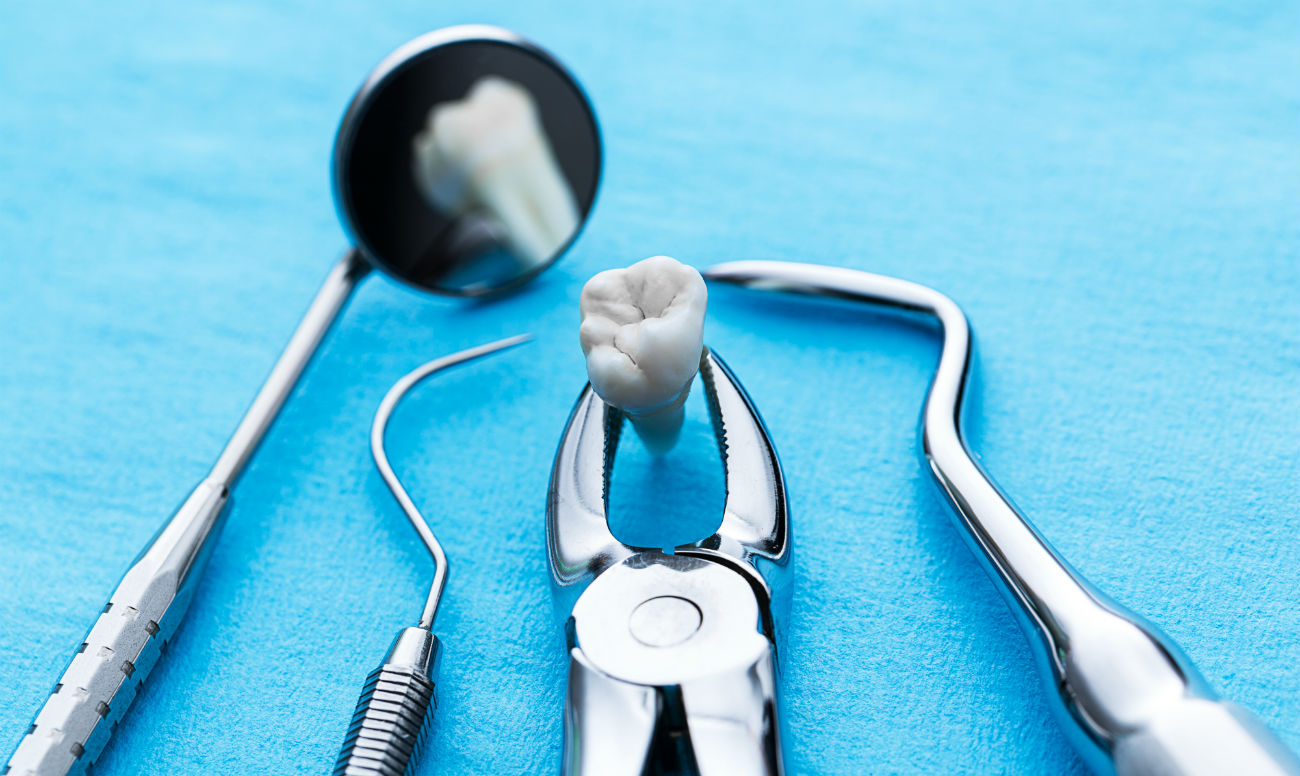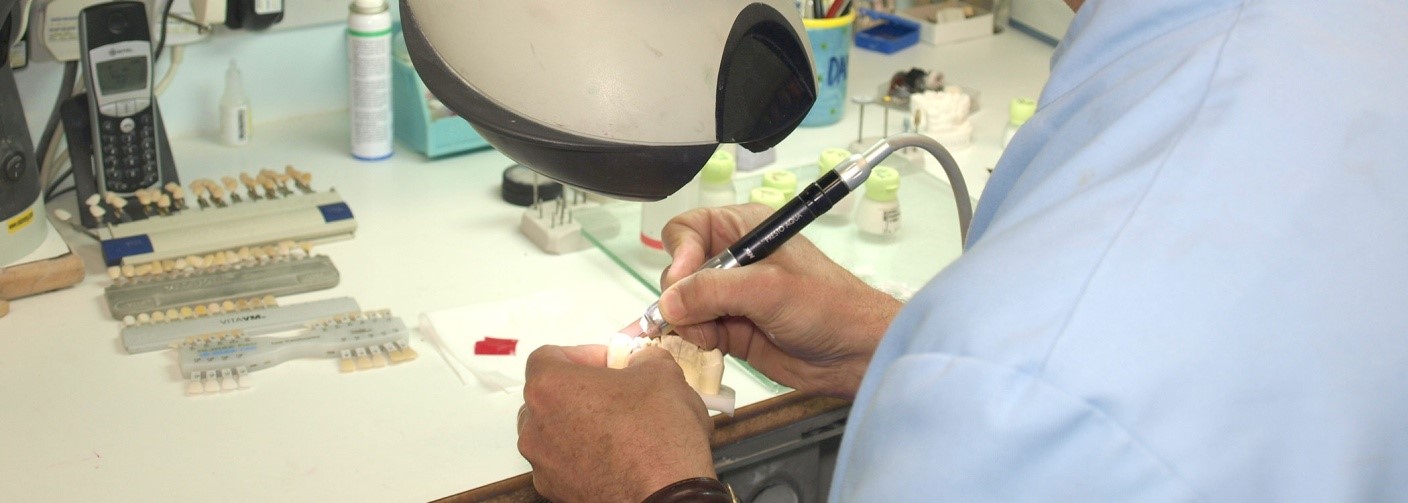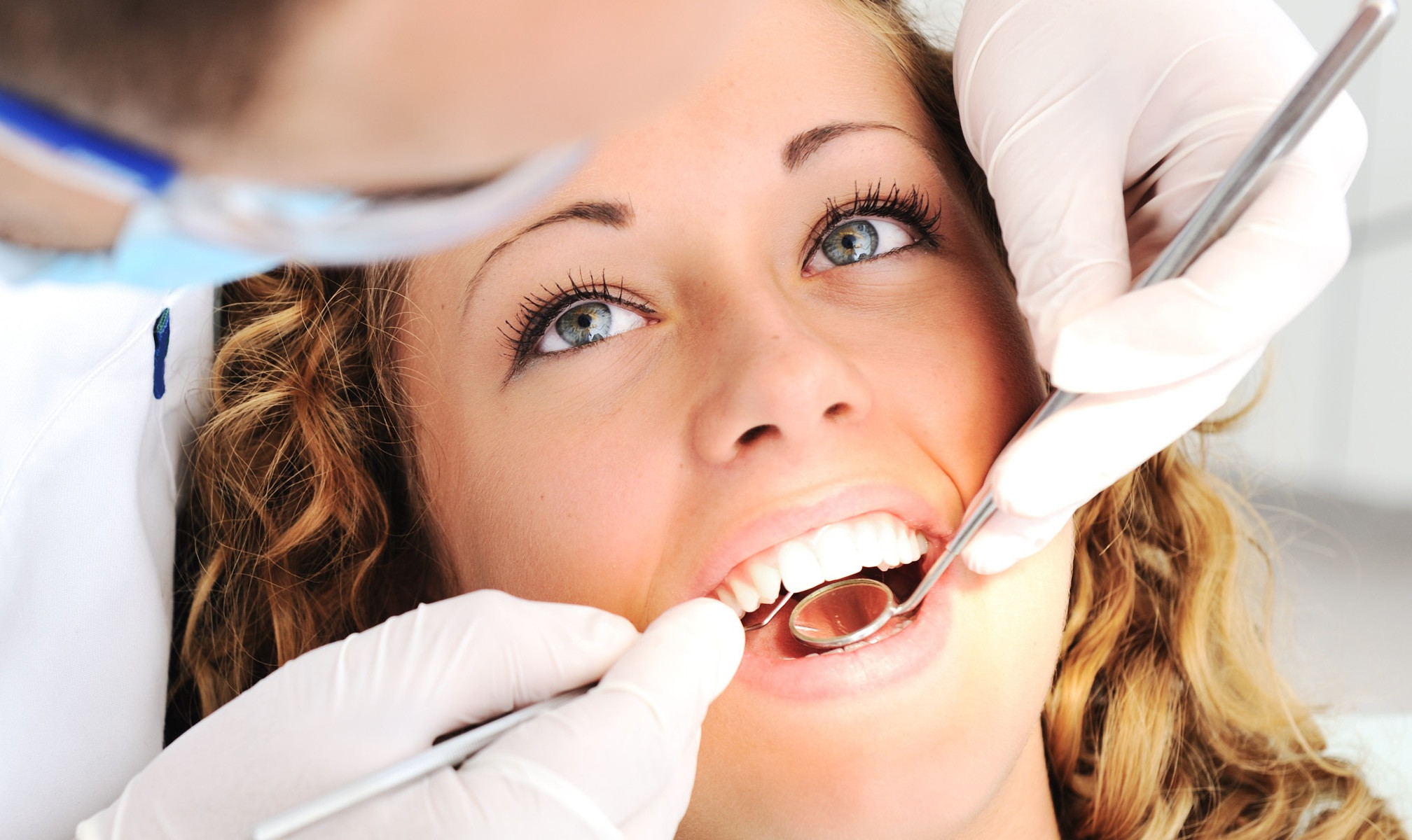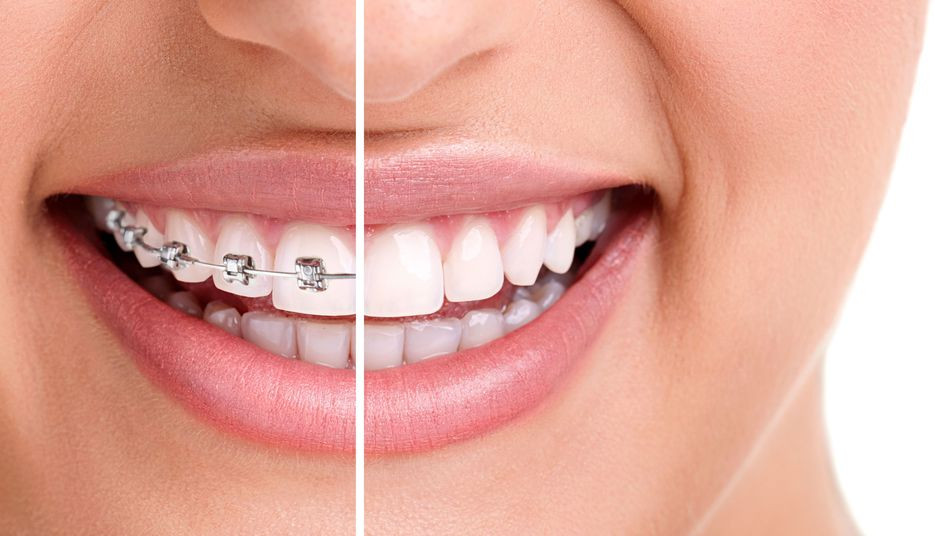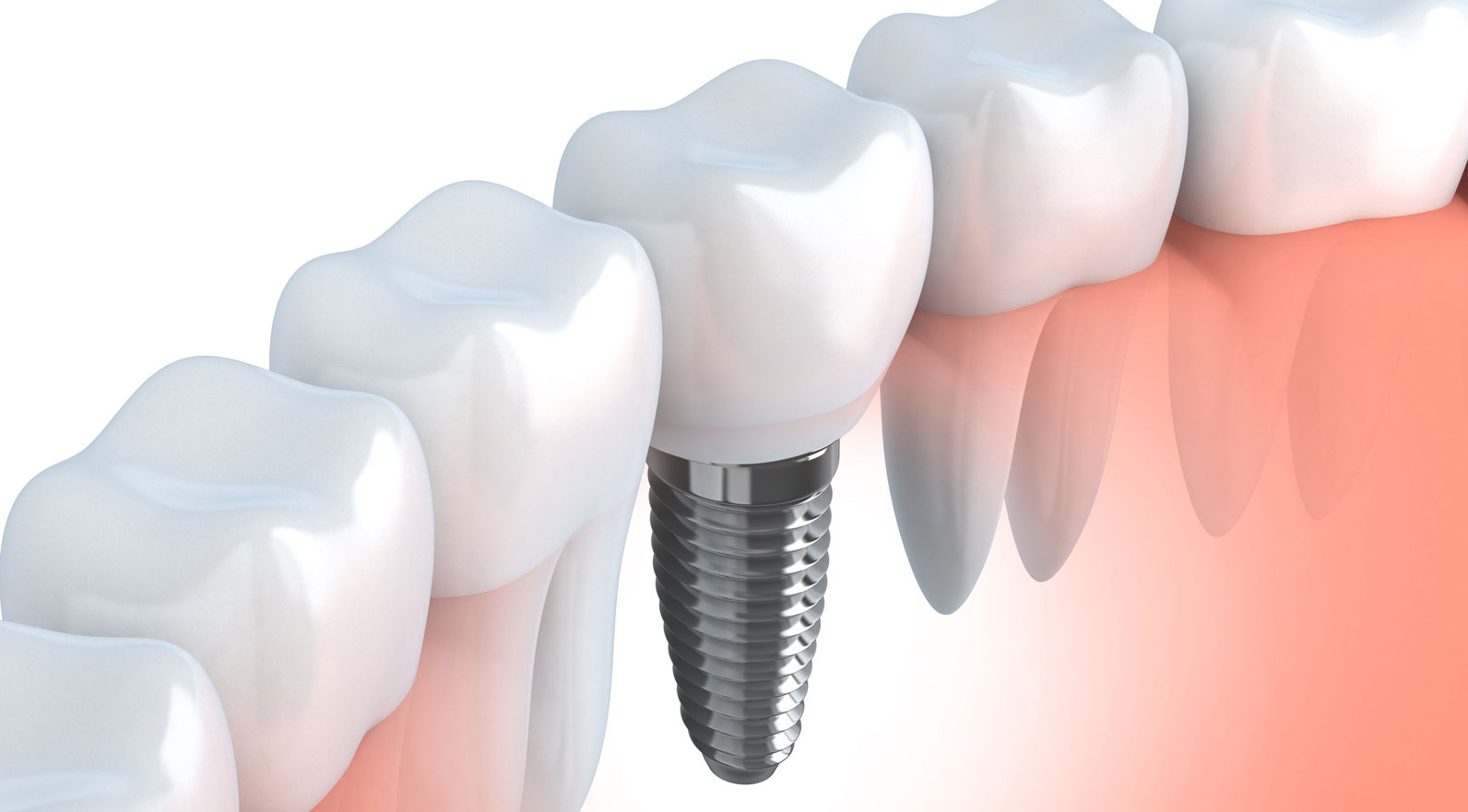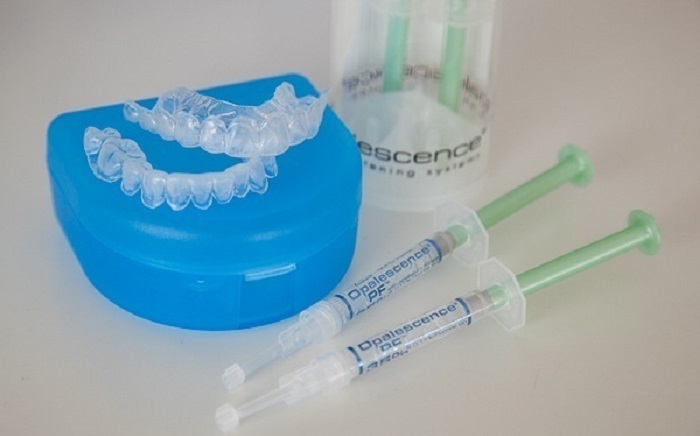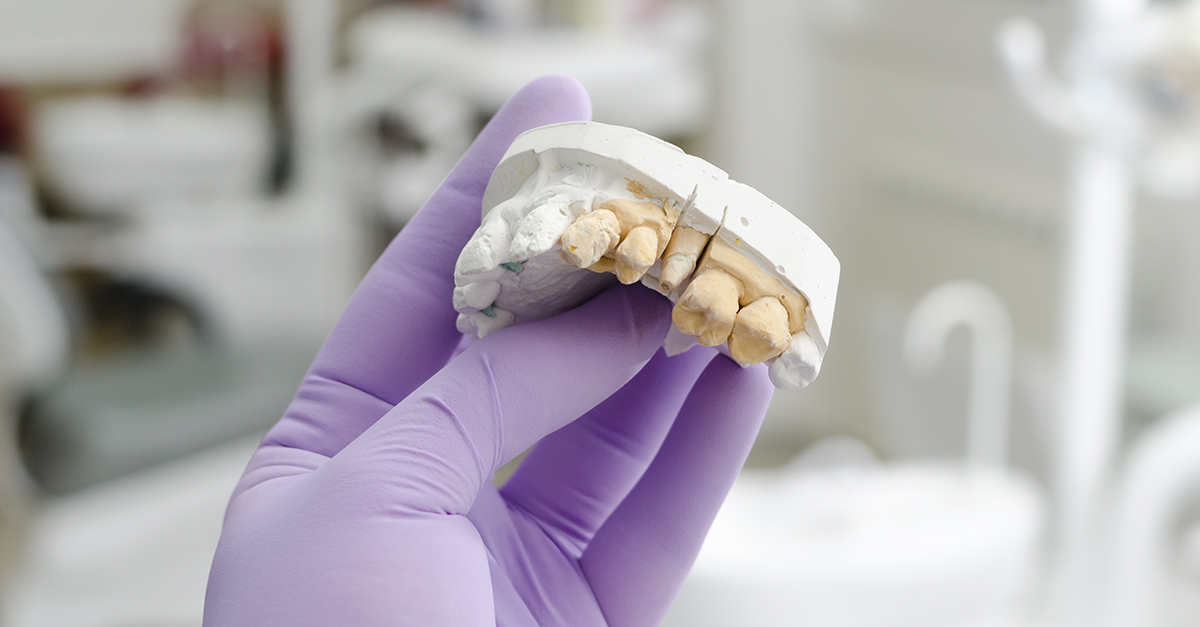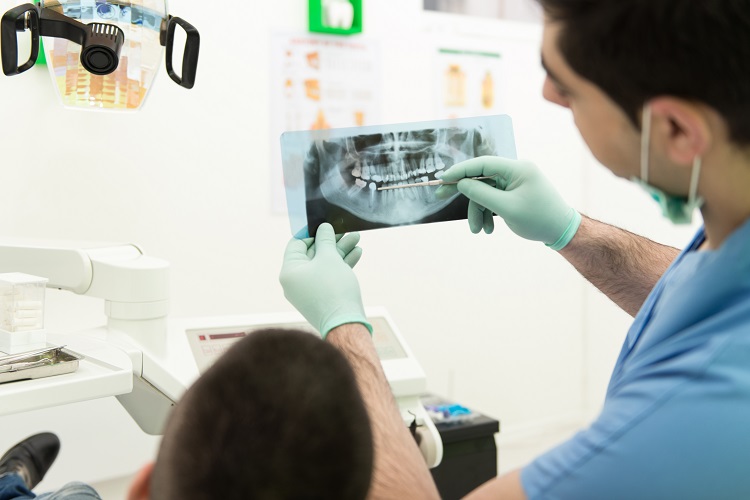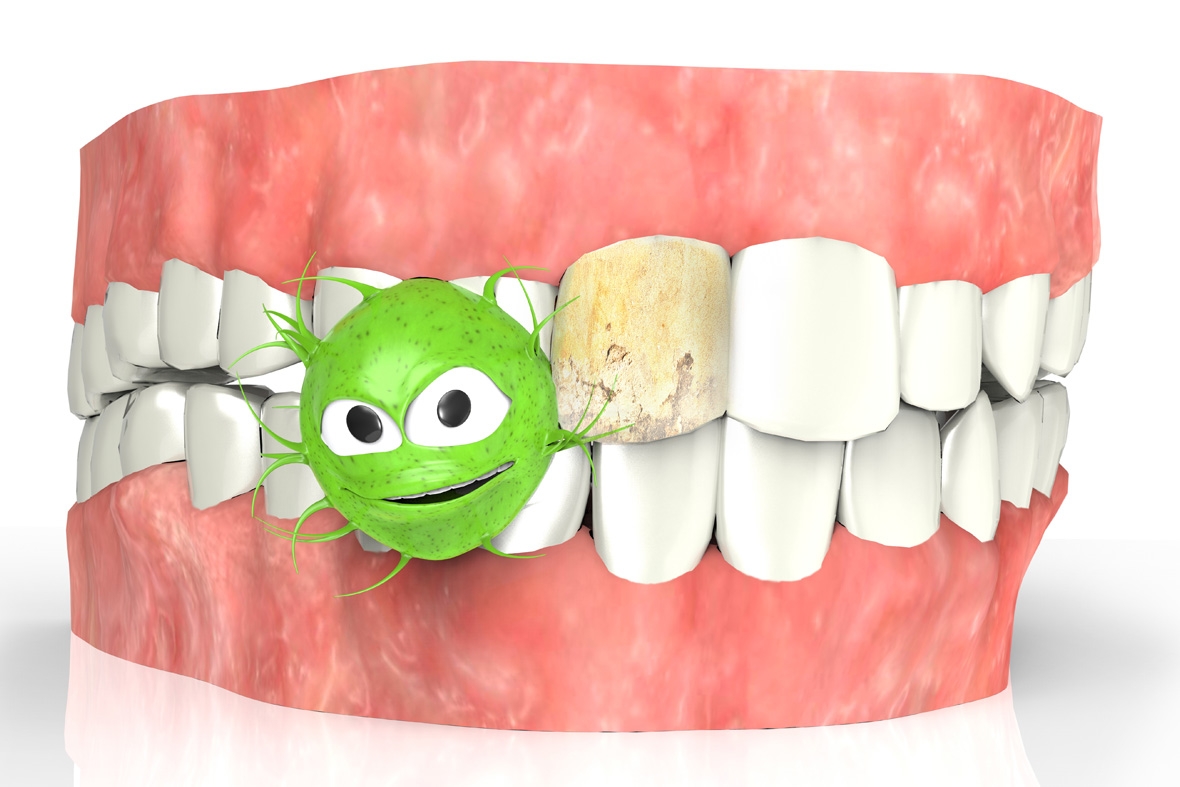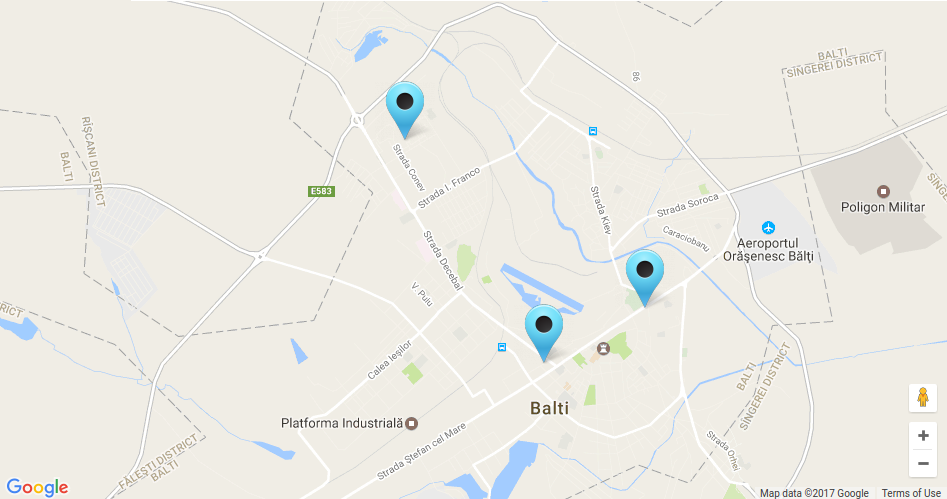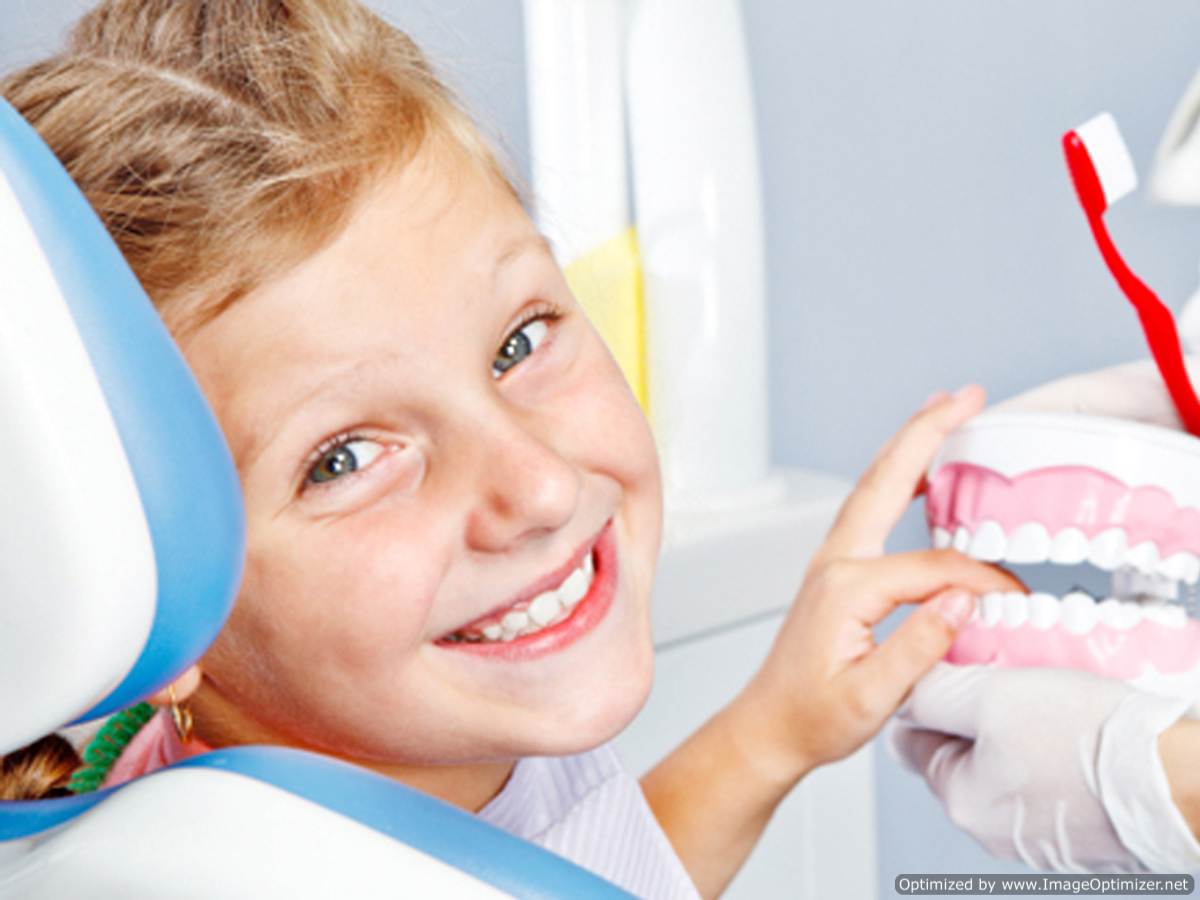
We encourage you to be with your baby during the first visits. Then it would be good for him to get used to stay alone with us in the office.
We'll teach you and your child how to take care of your teeth. We provide information such as what causes cavities, what can you do to prevent them.
After the anesthesia-If your child had an anesthesia, then the teeth, tongue, lip and surrounding tissues will be numb.
Often, children don't understand the anesthesia effects and may chew, scratch or suck, the numb lip or cheek. Things that can cause minor irritation or can seriously affect the tissue causing injuries in the area.
It's recommended to feed the child with mild foods, even liquid ones until anesthesia has worn off.
After extraction-immediately after extraction you must take care so the little one does not injure his tongue, lips or cheek before anesthesia effects disappear.
Here are some tips:
o No itching
o No scratching
o No chewing on food
o No sucking on different objects
o No rinsing of the mouth for a few hours
o No excessive spiting
o No touch of the area that underwent extraction with fingers or tongue.
Teething-baby's teeth are formed before birth. No earlier than 4 months, the first baby teeth that erupt through the gums on the lower part the mouth, are the central incisors, followed closely by the incisors on the upper part of oral cavity. Although those 20 deciduous teeth appear until the age of 3 years, the order in which they appear varies.
Permanent teeth appear around the age of 6, starting with molars and incisors of the lower buccal cavity. This process continues until around the age of 21.
Adults have 28 permanent teeth or they may reach up to 32 including the wisdom teeth.
Deciduous teeth-it's important to maintain the health of primary teeth. Neglected cavities can and usually lead to problems affecting the development of the permanent teeth.
Deciduous teeth or primary teeth are important for:
o Proper mastication and feeding;
o Offers space for permanent teeth and guides them to a correct position;
o Allow normal development of bones and jaw muscles.
Deciduous teeth affect speech development and participate in the formation of an acceptable introduction.
teeth brushing for kids -you can start brushing immediately after the child's first tooth erupts. You can use a fluoride toothpaste, a pea sized quantity, after the child is big enough not to swallow.
At the age of 4 or 5 years, the child must brush his teeth alone twice a day but under supervision until the age of 7, so make sure that he's brushing properly.
When teaching your child teeth brushing:
o Put the toothbrush at the angle of 45 degrees;
o Start brushing from the side of the gums in a light circular motion;
o Brush outer surface of each tooth, top and bottom;
o Repeat the same method for the inner surface of the teeth and gums;
o Finish by brushing the tongue for breath freshening and removal of bacteria;
o Floss for the removal of dental plaque between teeth where the toothbrush can't reach.

